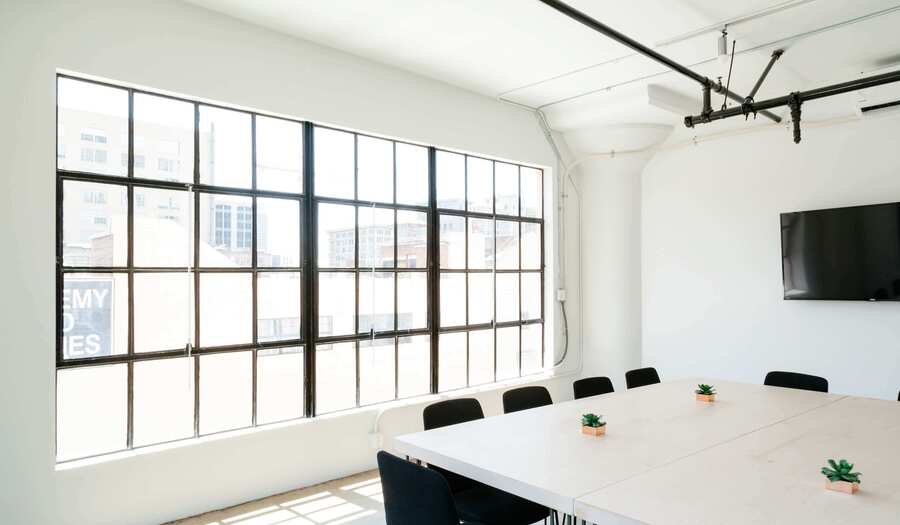Sylvain Labs is an innovation and brand strategy consultancy from New York. We speak to Founder and CEO, Alain Sylvain about his view on innovation and the New York market.
How do you define innovation, and what do you do differently?
Truthfully, we don’t spend a lot of time defining innovation – which is ironic considering we are innovation consultants. The word itself signifies something new. A new product, a new approach, a new idea. But in the context of the global economy, we find that innovation is not only used to refer to new products or business models; it also refers to efforts to progress a company forward, adopting new approaches or behaviors. Everyone knows that innovation is a cliché and increasingly has no meaning.
At Sylvain Labs we are obsessed with new ideas that solve people’s real needs. Be it a small, daily annoyance or a goliath-sized barrier or hole in someone’s life, scale doesn’t matter as long as the need is real. So for us, it always starts with people. We spend a lot of time talking to people; exploring their lives, sitting in their homes, driving along in their cars etc, to uncover the unsaid and identify the pain points that exist in their everyday interactions with brands, products and experiences. Only then will we know the problem(s) we’re trying to solve in the first place.
The other factor we pay a lot of attention to is time. At Sylvain Labs we have a philosophy, called Optimus Time™, that posits that timing is more important than ingenuity. The right forces - competitive, cultural, technological, political, etc. - must be aligned for the ideal introduction of a new behavior, product or idea. General Motors unveiled a vision for self-driving cars at the Motorama Show in 1956, but the technology didn’t exist to make it a reality. 60 years later, while the technology arguably exists, we’re still waiting for the cultural and political forces to align.
Rhapsody launched in 2001 as the first streaming on-demand music subscription service to offer unlimited access to a large library of digital music for a flat monthly fee. While this is the way we consume music today, and the business model for Spotify, iTunes, Tidal, etc, people were still focused on filling all the slots in their 100 CD disc changer when Rhapsody first launched. It took 15 more years, the advent of the iPod, iTunes and XM Radio, and a behavior shift to streaming music and video via YouTube, Netflix and other services to create a culture that valued access over ownership. In the end, we believe that innovation is at its best and most impactful when you deliver a solution for a real human need at its Optimus Time™.
Why did you start Sylvain Labs, and what is your vision and mission?
We started the company because we saw there was a market for imagination in business. It’s really that straightforward. Our sole job is to apply our creative, curious and imaginative minds to our clients’ challenges.
These challenges come in all shapes and sizes, from brand design to innovation pipeline development to organizational management to new venture projects, with companies ranging from the Fortune 500 to small start-ups. Each challenge is unique and no two projects are exactly alike, but at the highest level the approach remains constant – apply our imagination to solve complex problems.
Honestly, we’re not trying to save the world or be the biggest, baddest company in our industry. Our ambitions are simple - we want a platform to do cool work, we want to be able to challenge societal norms, and we want to do things that positively affect people both our own people and the world at large. To do this, we place a premium on imaginative problem solving, ingenuity, and innovation, but never at the sake of sanity or balance. We search for differing opinions from every corner, and seek to be constantly growing and evolving as a company and individuals.
From your experiences, are clients focusing on breakthrough/higher risk innovation and category leaps vs. incremental innovation?
Typical innovation practice focuses organizations at about 90% incremental growth and 10% breakthrough. Although breakthrough innovation has had healthy buzz over the past several years, an organization’s ability to shift toward breakthrough is typically dependent on the size of their base business. More established organizations, with more to lose, must inevitably focus more on incremental growth and protection of their base business.
Whereas younger, lighter organizations often have more freedom and ability to take big leaps. Of course, industry also plays a role. Traditional industries like CPG and automotive tend to remain more steady, while tech or service-based industries tend to have more flexibility. Sylvain Labs works across these industries, so we’re tackling both types of challenges on a regular basis.
But, to be honest, we don’t find ourselves thinking in those terms very often - our focus is on what people need, not where we’re allowed or not allowed to play. Said another way, we put forth what we believe to be the best possible solution to a real, proven need and then we work with our clients to scale that solution up or down based on existing capabilities, available capital, Optimus Time™, etc.
Sometimes this means we get to go straight for the risky breakthrough idea and other times it means developing a 3-5 year innovation cadence that starts with an incremental idea and helps guide the end user towards a breakthrough solution over time. No matter the outcome, we believe successful innovation doesn’t start with rules or boundaries, it starts with understanding people and what they really need.
New York is home to 48 Fortune 500 headquarters, more than any other city in the United States, and is bustling with tech startups. With London evolving as the capital for Fintech, is New York establishing itself within key sectors?
Overall, we are finding that individual cities are no longer serving as capitals for specific industries or ways of thinking. Yes, NYC is a hotbed for finance, media and fashion, but globalization has spread ownership of these concepts across the world. If anything, NYC is the city where this promiscuity can thrive. We are lucky to be headquartered in NYC, where we can work across the full spectrum of industries based in the city including tech, CPG, hospitality, finance, and retail.
What is your view on the talent landscape in New York? More specifically, what do you see as the emerging talent trends, and what does tenure look like for talent within the innovation consulting industry?
The talent pool in NY is obviously tremendous, and we are lucky to be here. However, innovation consulting sits in a funny place between creative and commercial thinking. So, in the past, our industry pulled the best talent available and had to build out deficit areas. But now we’re seeing a new crop of thinkers who have been trained and raised with this dual mindset.
We have noticed two talent trends. First, innovation consultants inevitably have side hustles or dreams of entrepreneurship. They have dreams of not working for innovation consultancies. And those extra-curricular interests only make them more interesting from a talent perspective. After all, our job as innovation consultants is to imagine new product ideas on a daily basis. These are skills and instincts that thrive 24 hours a day. And second, we find that clients are becoming our greatest competition as they build out their own internal innovation capabilities. Clients increasingly see the value of this sort of thinking and are building out this capability within their own companies.
Regarding tenure, there are really just a few companies that do best-in-class innovation work. And they are largely differentiated by corporate culture and leadership style. We find that certain people thrive in certain environments and the competition for talent amongst innovation consulting companies is not great. While the companies may deliver similar work, the talent is very, very different. People expect and want different things from their employers and as a result, we are finding retention and tenure to be less of a challenge. Ultimately people hang around when they feel challenged and a greater sense of ownership.
Visit Sylvain Labs here
And follow them on Twitter



